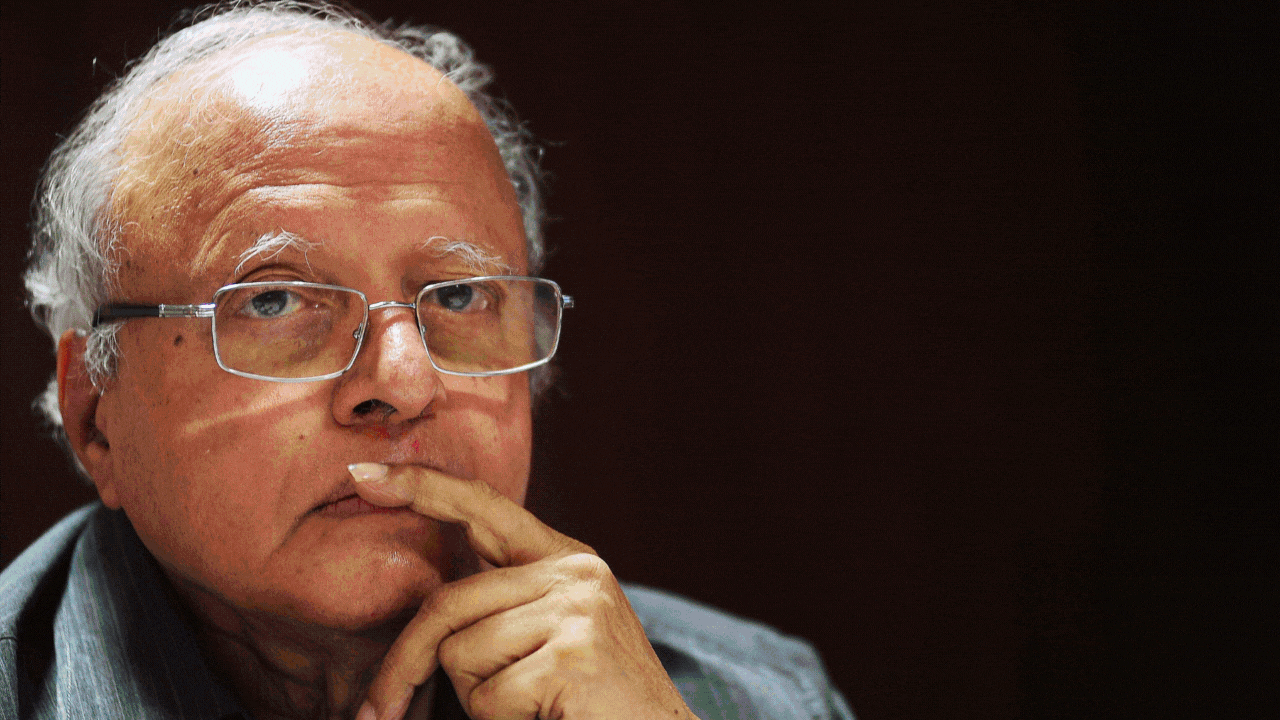Swaminathan was the founder of MS Swaminathan Research Foundation (MSSRF).
Family sources confirmed that he passed away at his residence in Teynampet at 11.15am following age-related ailments.
Swaminathan is survived by his three daughters — Dr Soumya Swaminathan, the chairperson of MSSRF, Dr Madhura Swaminathan, who is an economics professor at the Indian Statistical Institute and Nitya Swaminathan, who was a lecturer in gender analysis and development at the University of East Anglia.
Read Also
CHENNAI: The M S Swaminathan Research Foundation (MSSRF) will host an international conference on ‘Mighty Millets for Food, Nutrition, and Health Security’ in Chennai from August 6 to 8. The conference, to be held on the MSSRF premises at Taramani, will cover the following topics: Millets as
THIRUVANANTHAPURAM: Famous theoretical physicist Thanu Padmanabhan and father of Green Revolution; MS Swaminathan were chosen for `Kerala Shastra puraskaram 2021` instituted jointly by Kerala State Council for Science, Technology and Environment (KSCSTE) and Department of Science and Technology here
The father of India’s Green Revolution, MS Swaminathan, who passed away in Chennai on Thursday, was an eminent agricultural scientist. He has won several prestigious awards for his remarkable works. Born in Kumbakonam on August 7, 1925, Swaminathan switched from studying medicine to the agricultural
It was on receiving the Indira Gandhi Prize for Peace in 1999 that scientist M S Swaminathan decided he wanted to do something for children, especially the underprivileged. And that was how the ‘Every Child A Scientist’ programme was created at the MS Swaminathan Research Foundation (MSSRF). The
Swaminathan started his career in 1949 researching on the genetics of potato, wheat, rice and jute. In the 1960s, when India was on the verge of a mass famine leading to a shortage of food grains, Swaminathan along with Norman Borlaug and other scientists developed the high yield variety seeds of wheat.
The development marked a transition from traditional agriculture in India to the introduction of high-yielding varieties of seeds and the associated techniques. This led to the green revolution in India and Swaminathan was called the Father of the Green Revolution.
While many scholars were in favour of the Green Revolution as a boon to India’s agricultural production, there were also opposing views from a few others citing the adverse ecological effects of the resources employed in growing high-yielding varieties of seeds with fertilizers and pesticides and the social conflict due to the growing socio-economic divide due to the green revolution.
Swaminathan has held administrative positions in various agricultural research laboratories. He served as the director general of Indian Council of Agricultural Research and later International Rice Research Institute. He also served as the principal secretary of the ministry of agriculture in 1979.
In 1988, MS Swaminathan became the president of the International Union of the Conservation of Nature and Natural resources.
Swaminathan has won several awards and accolades for his contribution in the field of agricultural sciences. He was given the Shanti Swarup Bhatnagar Award in 1961 and the Albert Einstein World Award of Science in 1986.
The Indian government awarded him the Padma Shri in 1967 and Padma Bhushan in 1972 and Padma Vibushan in 1989. Swaminathan was also given the first World Food Prize in 1987.
Born in Kumbakonam on August 7, 1925, Mankombu Sambasivan Swaminathan switched from studying medicine to the agricultural field when he witnessed the Great Bengal Famine of 1943.
After completing his bachelors in agricultural science and post graduate degree in cytogenetics, Swaminathan worked and collaborated with researchers and students on a range of issues in basic and applied plant breeding, agricultural research and development and the conservation of natural resources.
Watch MS Swaminathan, father of India’s Green Revolution, passes away
